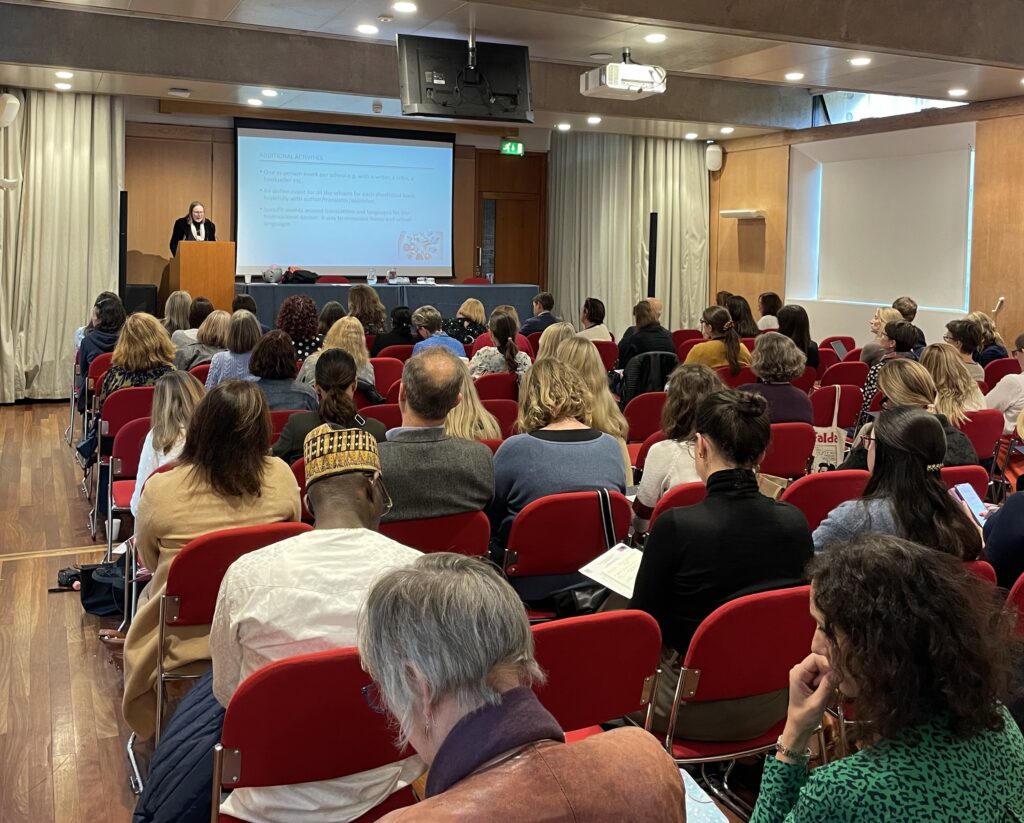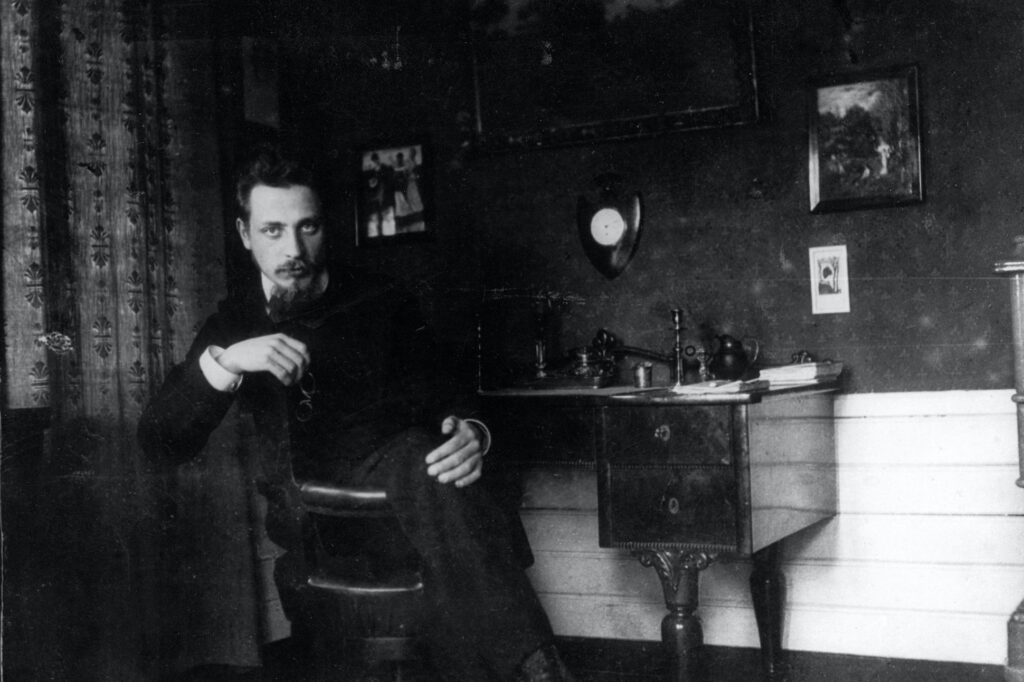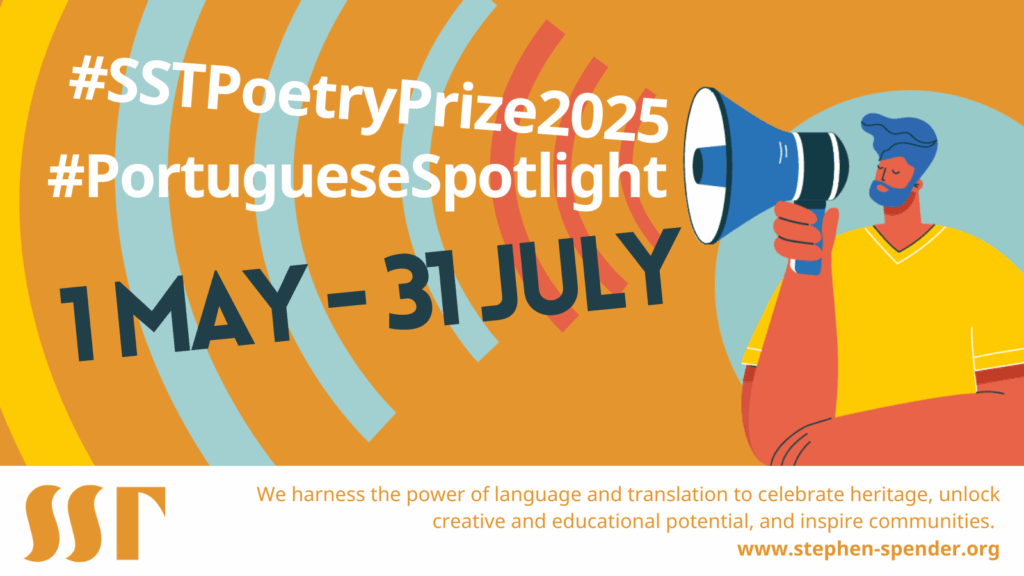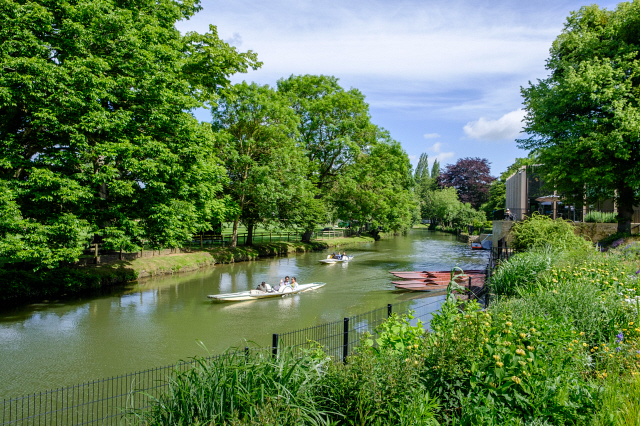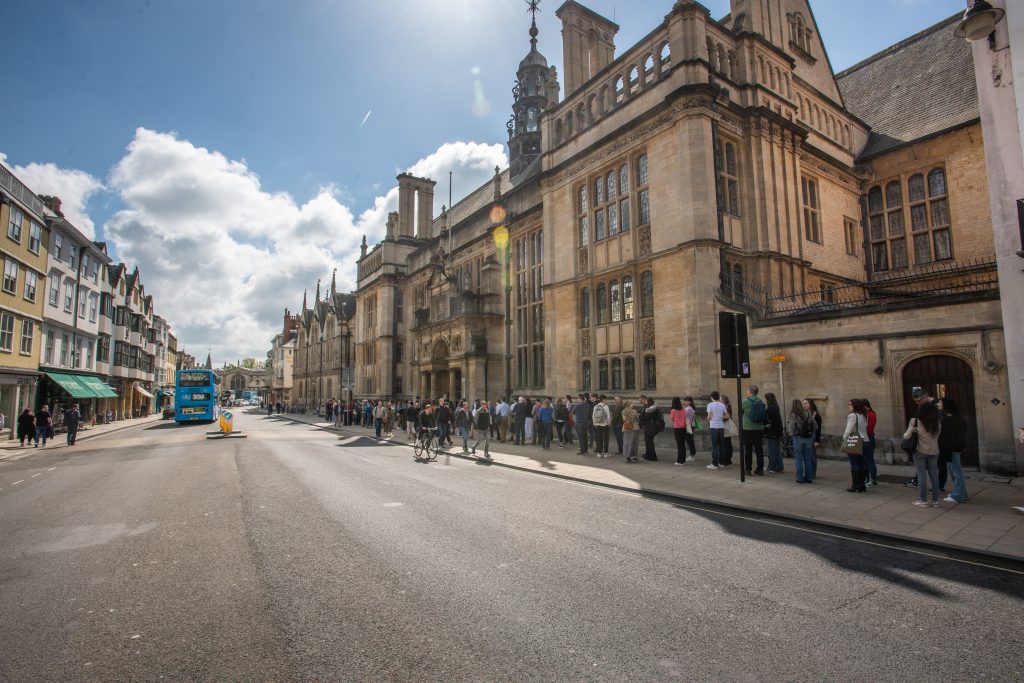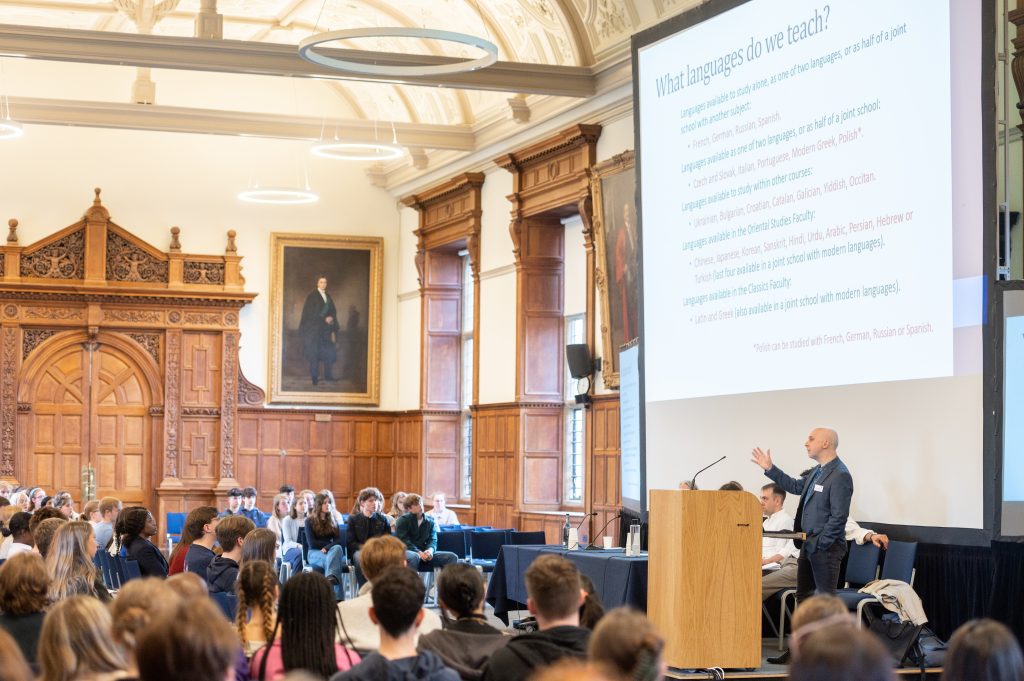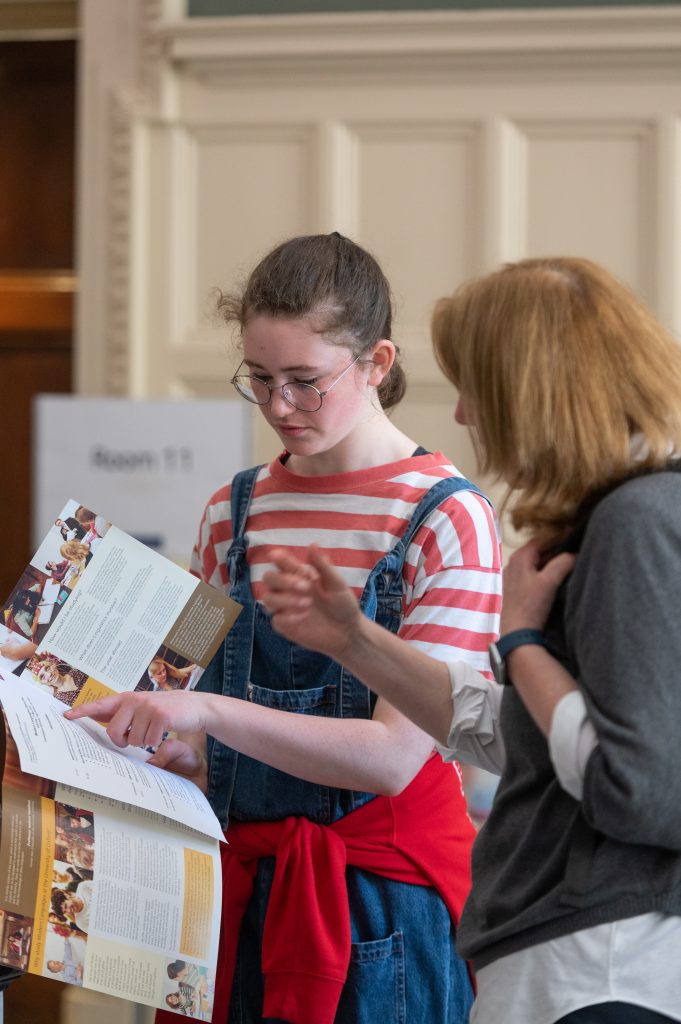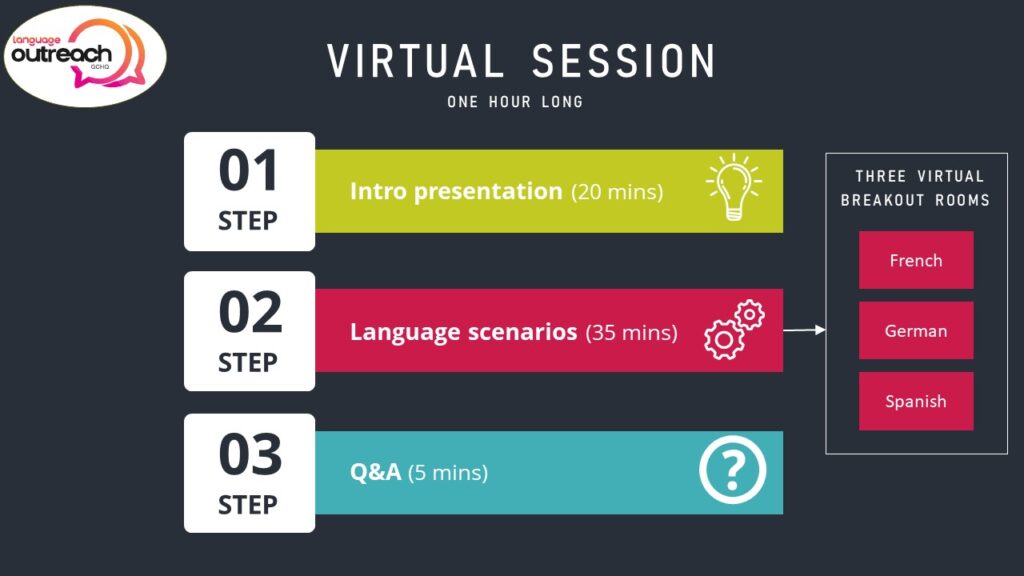We are delighted to publish the winning entries for this year’s French Flash Fiction competition. We’ll be publishing the winning entries for Spanish, as well as the runners up and the highly commended entries for both languages in each age category over the coming weeks.
Thank you and huge congratulations to everyone who entered! The French judging panel were extremely impressed with all the entries we received this year (over 847 of them!), and commented the following about the competition:
Thank you all for another year of delightful and intriguing stories. In just a hundred words, you impressed us with pieces about family love, mischievous cats, talking music boxes, aeroplane fiascos, mysterious mirrors, alien invasions, snail restauranteurs, and doner kebabs. We particularly enjoyed the creative range of literary styles: verse poetry and prose, theatre and slang, riddles and tongue-twisters. Congratulations to all of you for your courage in experimenting with language in such fascinating ways.
Without further ado, here are the winning stories! We hope you enjoy reading them as much as the judges did.
Years 7-9 winner

La berceuse d’une libellule
J’ai vu
Les dinosaures apparaître et disparaître,
Le continent de Pangée se diviser en sept morceaux,
Le roi être né,
Les sorcières brûlées,
Versailles en silence,
L’archiduc assassiné,
Des alliances formées
Et brisées,
La Pologne envahie,
Des innocents morts,
Des livres détruits,
A huit heures le port-aux- perles en décombre.
La bombe,
Une nouvelle guerre.
La terre se réchauffe.
Une libellule presque invisible se repose par terre,
Sa petite tête baissée,
Ses ailes cassées,
Elle ne voit plus.
– Alexandra Davies, Year 9
Years 10-11 winner

Une énigme pour vous…
Je brise la glace sans un bruit;
Une étoile filante au milieu de la nuit.
J’éclaire la journée,
Mais je ne suis pas le soleil.
Je travaille le mieux
Quand tout semble désespéré.
Je peux être en retard,
Mais jamais trop vite.
Je n’utilise pas de mots;
La langue la plus pratique.
Je me cache parmi les étrangers,
Mais je suis seulement en train de reposer,
Un diamant brut,
Beau une fois révélé.
Le reflet d’un coeur heureux,
Je ne veux jamais dire adieu.
Qu’est-ce que je suis?
Un vrai sourire.
– Ayami Ginneliya, Year 10
Years 12-13 winner
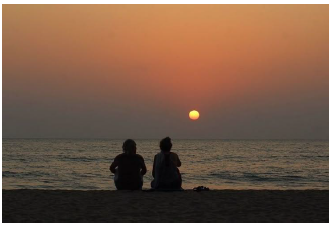
Les Mots Qu’on Traduit Pas
Un mur contient chaque mot; l’encre coule. Si l’on pose le doigt, n’importe quel mot peut être tracé ; les autres restent invisibles.
Je suis assis, observant la mer anglaise. Juste la semaine dernière, j’étais à Pont Neuf, me sentant un peu frileux.
Il semble que j’aie l’air troublé. Ma tante, locale, m’introduit à Falmouth, puis sourit bienveillamment. “You’ll adapt,” dit-elle.
Sur le sable, elle écrit « peace ». Moi, je trace dépaysement.
Les vagues effacent nos mots, mais la rémanence demeure. Et c’est très bien comme ça. Au-delà des actualités et banalités, il existe un calme dans les mots qu’on traduit pas.
– Sela Keliane Diasivi, Year 12
Félicitations à tous nos gagnants!





